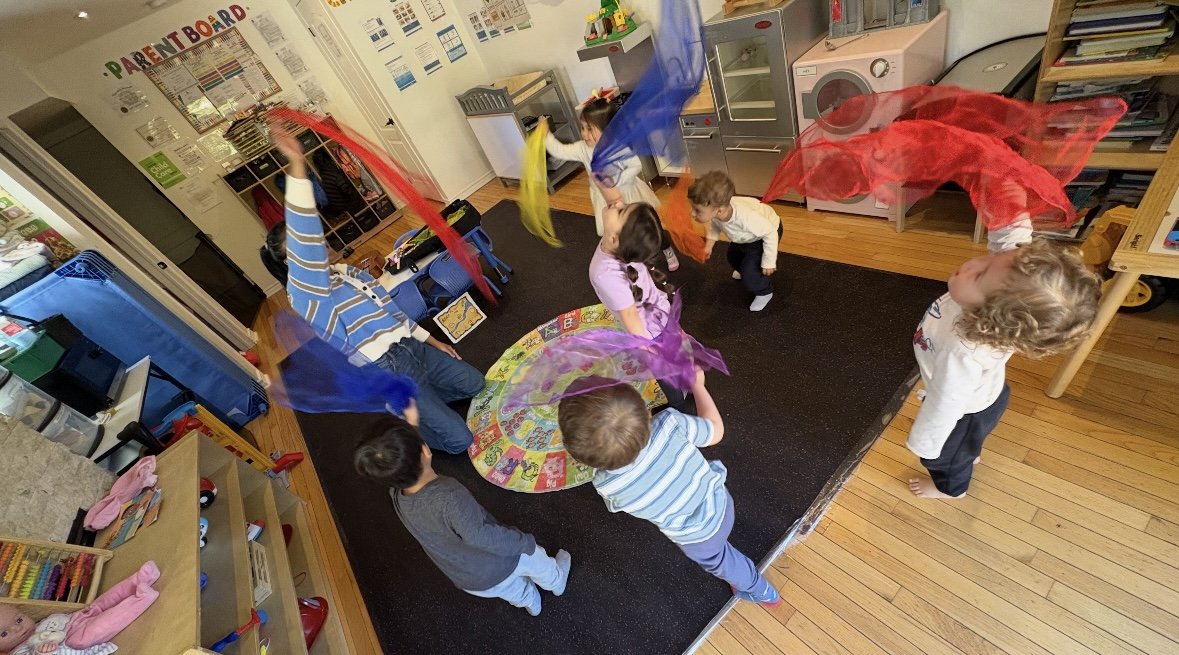“Why Music Matters: Supporting Toddler Development with Music Therapy”
Sensorimotor Development: Moving and Exploring
Music naturally encourages movement, helping toddlers strengthen gross and fine motor skills. Marching, clapping, and playing instruments improve coordination, balance, and hand-eye coordination. Music also helps children learn how their bodies respond to sound—turning, reaching, and moving in rhythm—which supports spatial awareness and motor planning.
Cognitive Development: Learning Through Rhythm and Repetition
Toddlers thrive on repetition and patterns. Music enhances attention, memory, sequencing, and anticipation skills. Songs with predictable melodies and rhythms give children the chance to recognize patterns, anticipate outcomes, and problem-solve—all while engaging in playful learning.
Psychosocial Development: Connecting with Others
Music therapy encourages social interaction, emotional expression, and cooperative play. Singing together, taking turns with instruments, and responding to peers through music builds early communication and social skills in a safe, supportive environment.
Why Music Therapy Works for Toddlers
Music engages multiple senses at once—sound, movement, and social interaction—creating rich learning opportunities. Toddlers often show increased focus, motivation, and confidence during music therapy, which can translate into language development, emotional regulation, and cooperative play.
Music therapy is more than just fun—it’s a powerful tool to support toddlers’ sensorimotor, cognitive, and psychosocial growth. Through music, children explore, learn, and connect, laying a strong foundation for lifelong development.
Interested in supporting your toddler’s growth through music? Contact us today to learn about our toddler music therapy programs!
